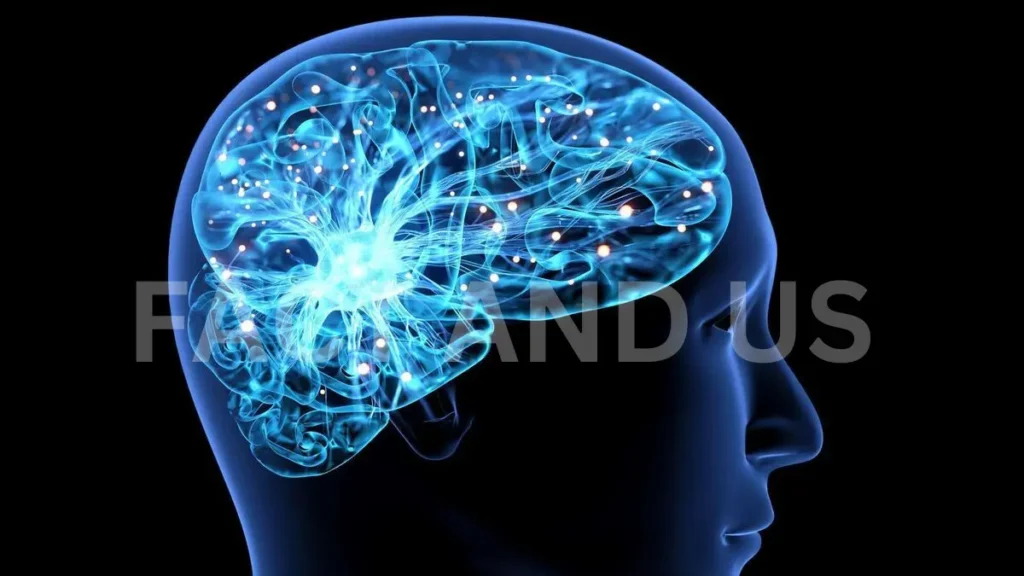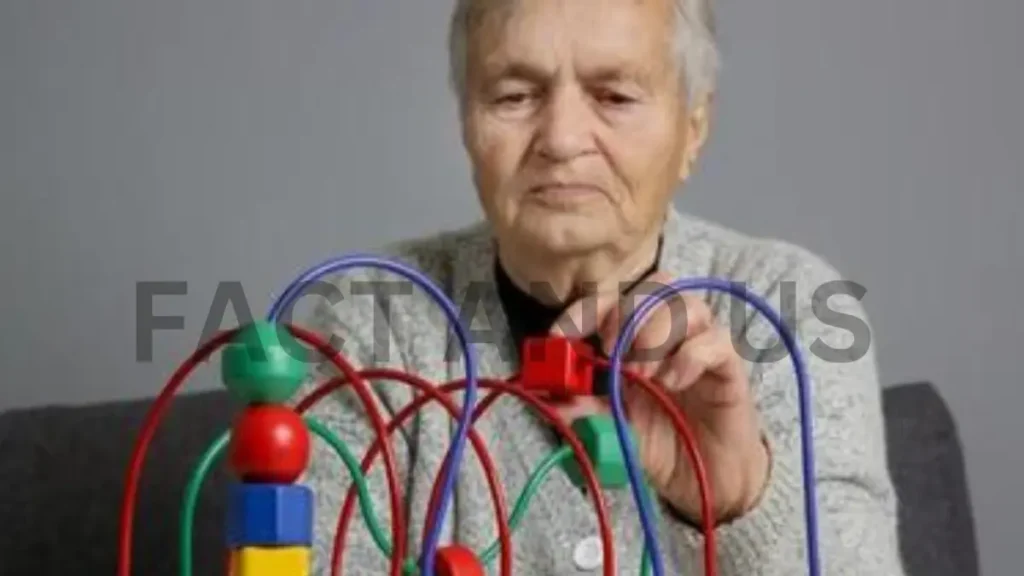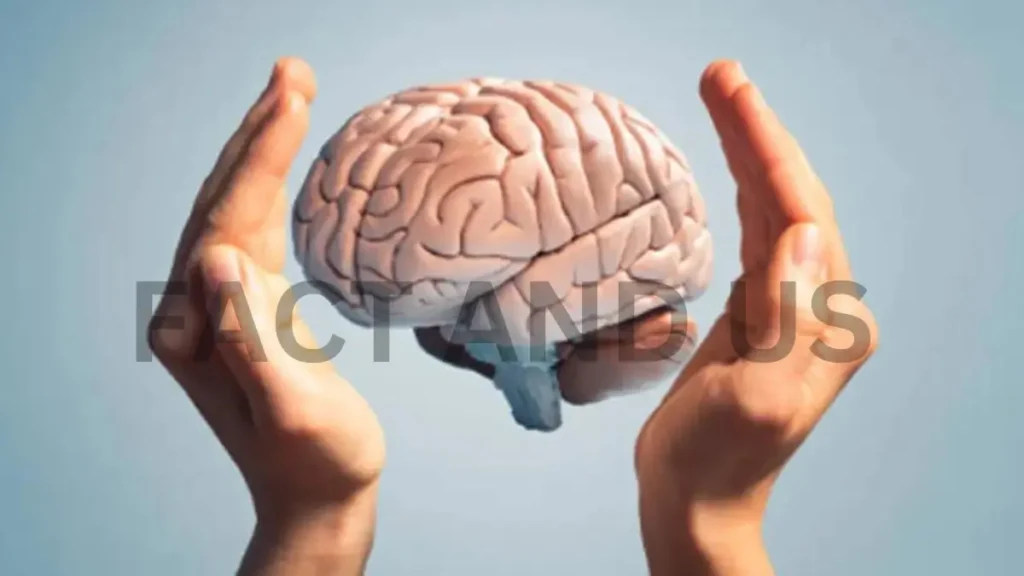Contents
Alzheimer’s disease

New insight into the workings of the hormone irisin shows it has the ability to spur the cognitive benefits of exercise, holding promise for treating cognitive decline in Alzheimer’s disease, Harvard Medical School scientists at Massachusetts General Hospital have found.
In a study published in Nature Metabolism, the research team report that irisin, secreted by muscles during exercise, could be an effective therapeutic for addressing deficits of the brain that result from Alzheimer’s disease.
EXERCISE & BRAIN AEROBICS

Contrary to popular belief, memory loss is neither a normal nor natural process of aging. But, if you want to maintain the strength and vitality of your brain as you age, you must take a proactive role. Just as your body needs strength-building exercise to keep your muscles fit, so does your brain.
Let’s take a look at the benefits of both forms of exercise and introduce you to the exciting practice of brain aerobics—mental gymnastics for your brain!
The Importance of Physical Exercise
Did you know that regular physical exercise can reduce your risk for developing Alzheimer’s disease by up to a stunning 50%? Moreover, studies have shown that women from age 40 to 60 who exercised regularly were seen to have a dramatic reduction in memory loss and cognitive decline. That’s right– they kept their brain power at optimal strength! More recent findings suggest that an overall active lifestyle is the key to brain and body health.
To see the best benefits of your exercise program, the latest research reveals that the magic number for maintaining cognitive fitness with age and preventing Alzheimer’s is to work up to a level of 150 minutes per week of a combination of cardio exercise and strength training. Great ways to get in your aerobic exercise include brisk walking, jogging, dancing, swimming, and playing tennis, or going to the gym and utilizing an elliptical, treadmill or stationary bike.
Anything that gets your heart pumping and your muscles moving is heading you in the right direction to better overall health. Plus when you include strength training (e.g., weights, resistance machines, isometrics, etc.), you maintain your muscle mass and prevent osteoporosis and related illness. Keep reading to discover how you can work out your brain to keep it in the same good shape as your renewed body, in your goal to prevent Alzheimer’s disease.
Benefiting from Brain Aerobics

Neurologists report that mental exercise can reduce your chance of developing Alzheimer’s disease by up to 70%. With numbers like that, it’s amazing that everyone isn’t exercising their brains more often. Get a head start by spending at least 20 minutes, three times a week doing mental exercises.
Don’t know what brain aerobics are? It’s simple. Whenever you challenge your brain with novel tasks (anything new or different), you’re exercising your brain and improving brain function. In order for an activity to be considered brain aerobics, three conditions must be met. The activity needs to:
1) Engage your attention.
2) Involve more than one of your senses.
3) Break a routine activity in an unexpected, nontrivial way.
Brain Exercises and Dementia
Can you help your brain stay healthy as you age by doing things that challenge your mind? Could that also help you avoid memory loss, or even prevent or delay dementia such as Alzheimer’s?
Scientists need to do more research to find out for sure. But a number of studies show there are benefits to staying mentally active. Here’s what we know about the impact of exercising your brain.
Can brain exercises help delay memory loss or dementia?
When people keep their minds active, their thinking skills are less likely to decline, medical research shows. So games, puzzles, and other types of brain training may help slow memory loss and other mental problems.
One study involved more than 2,800 adults 65 and older. They went to up to 10 hour-long brain-training sessions for 5 to 6 weeks. The sessions focused on tactics for these skills:
1) Memory
2) Reasoning
3) Speed of processing information

What kinds of brain exercises should I do?
That may vary from person to person. But the main idea seems to be keeping your brain active and challenged. You could start with something as simple as eating with the hand you usually don’t use from time to time.
You can also:
1) Learn something new, such as a second language or a musical instrument.
2) Play board games with your kids or grandkids. Or get your friends together for a weekly game of cards. Mix it up by trying new games. The extra bonus of activities like these? Social connections also help your brain.
3) Work on crossword, number, or other kinds of puzzles.
4) Play online memory games or video games.
5) Read, write, or sign up for local adult education classes.
How does brain activity help?
Studies of animals show that keeping the mind active may:
1) Reduce the amount of brain cell damage that happens with Alzheimer’s
2) Support the growth of new nerve cells
3) Prompt nerve cells to send messages to each other
When you keep your brain active with exercises or other tasks, you may help build up a reserve supply of brain cells and links between them. You might even grow new brain cells. This may be one reason scientists have seen a link between Alzheimer’s and lower levels of education. Experts think the extra mental activity from education may protect the brain by strengthening connections between its cells.
Neither education nor brain exercises are a sure way to prevent Alzheimer’s. But they may help delay symptoms and keep the mind working better for longer.
Stay connected with Fact and US for more such news.
